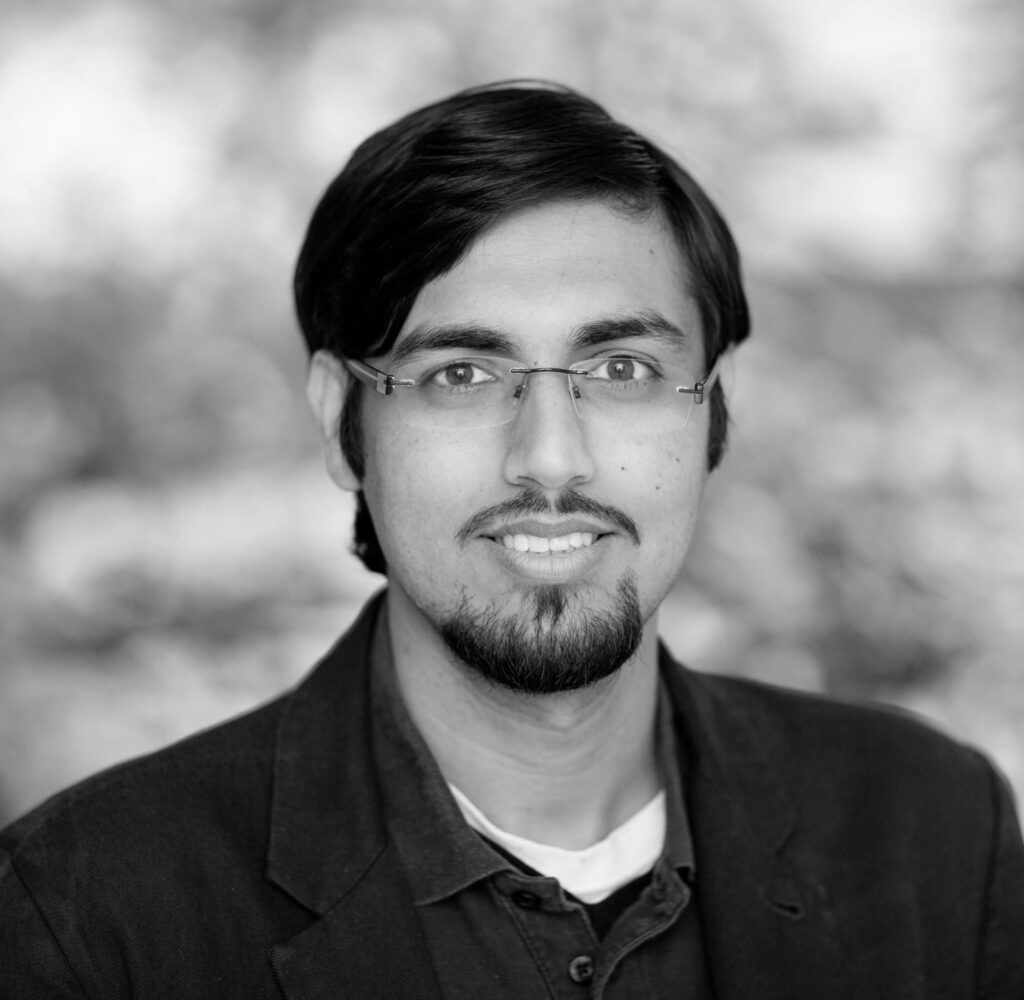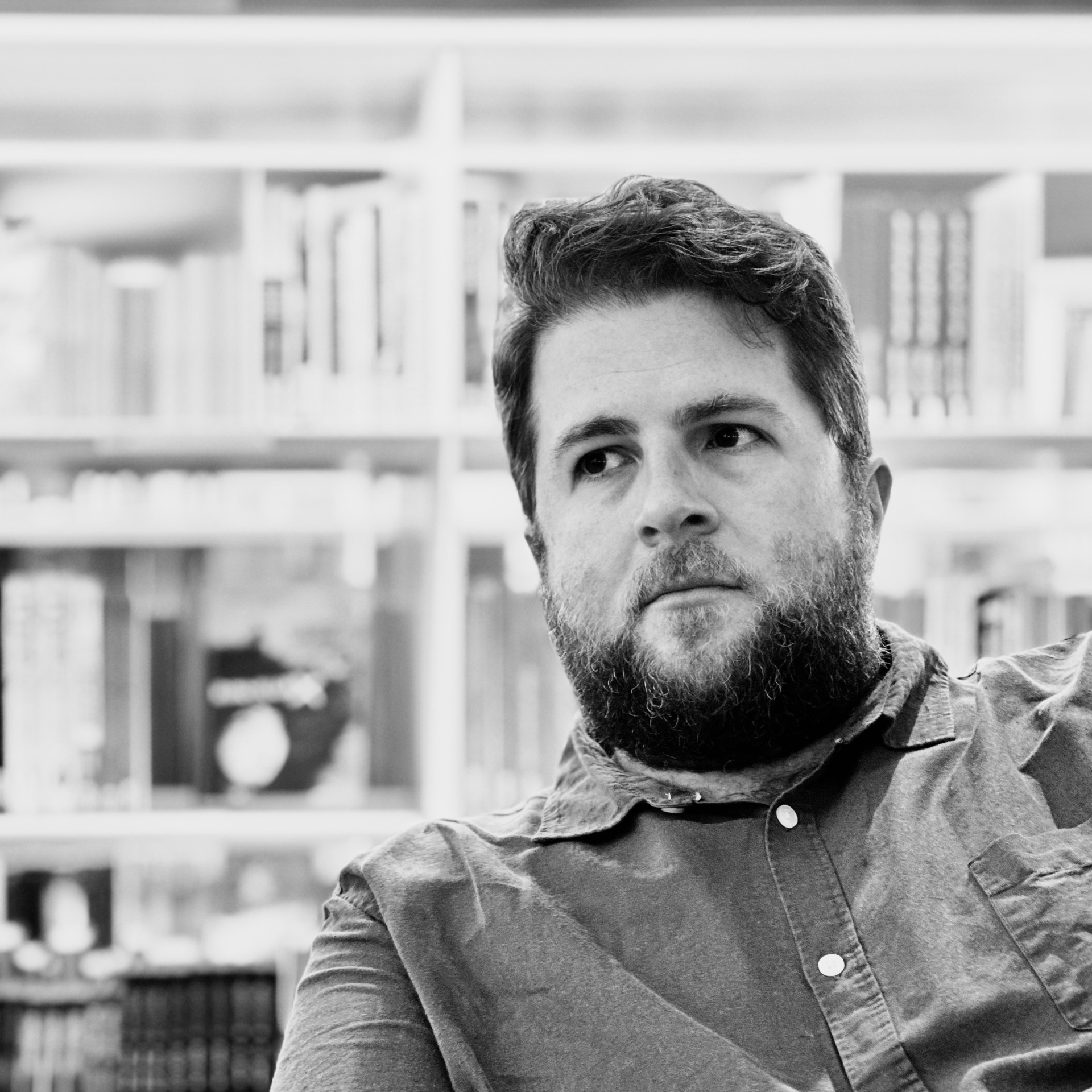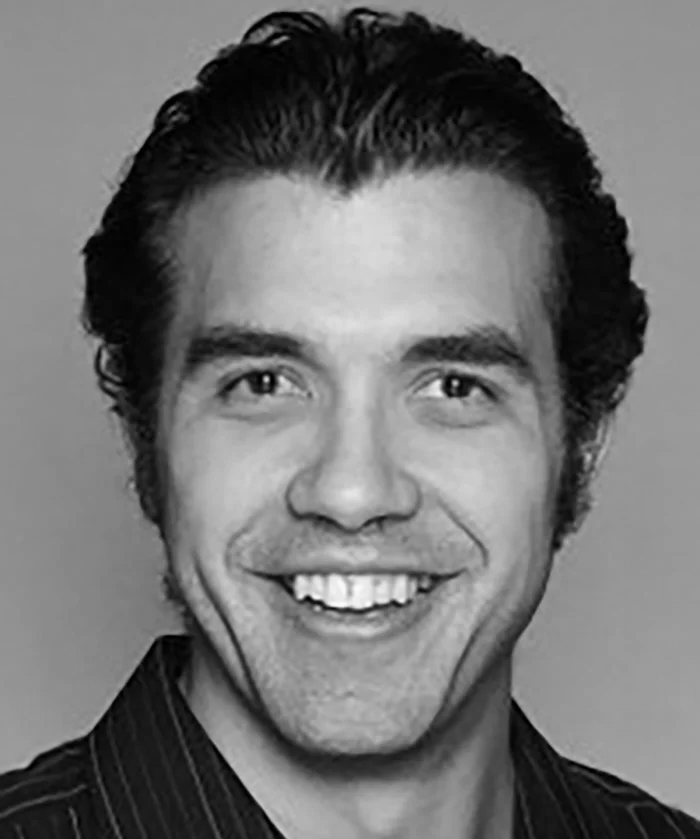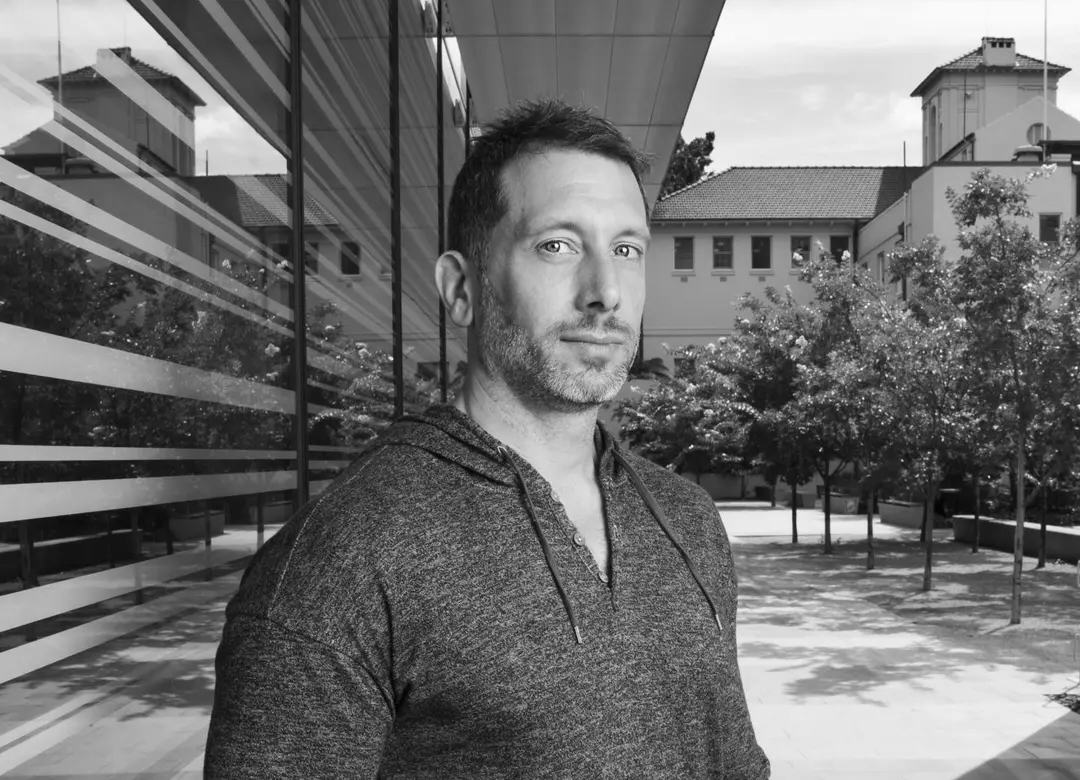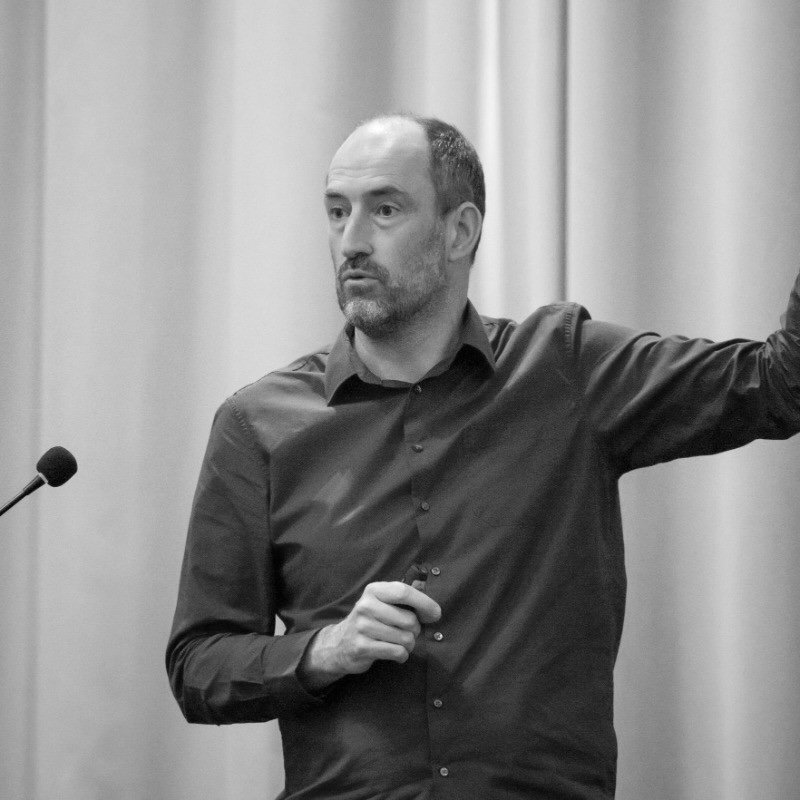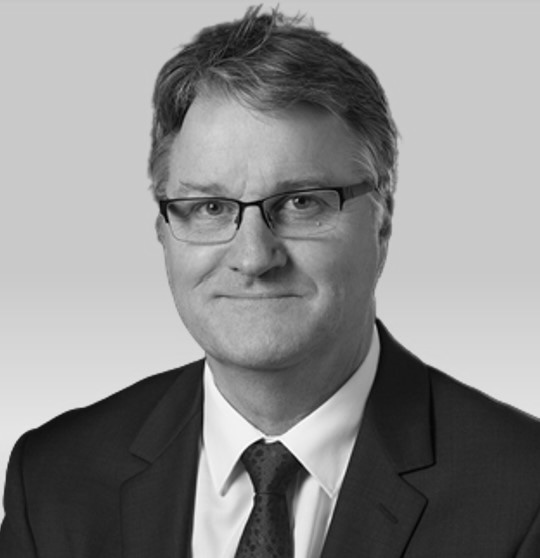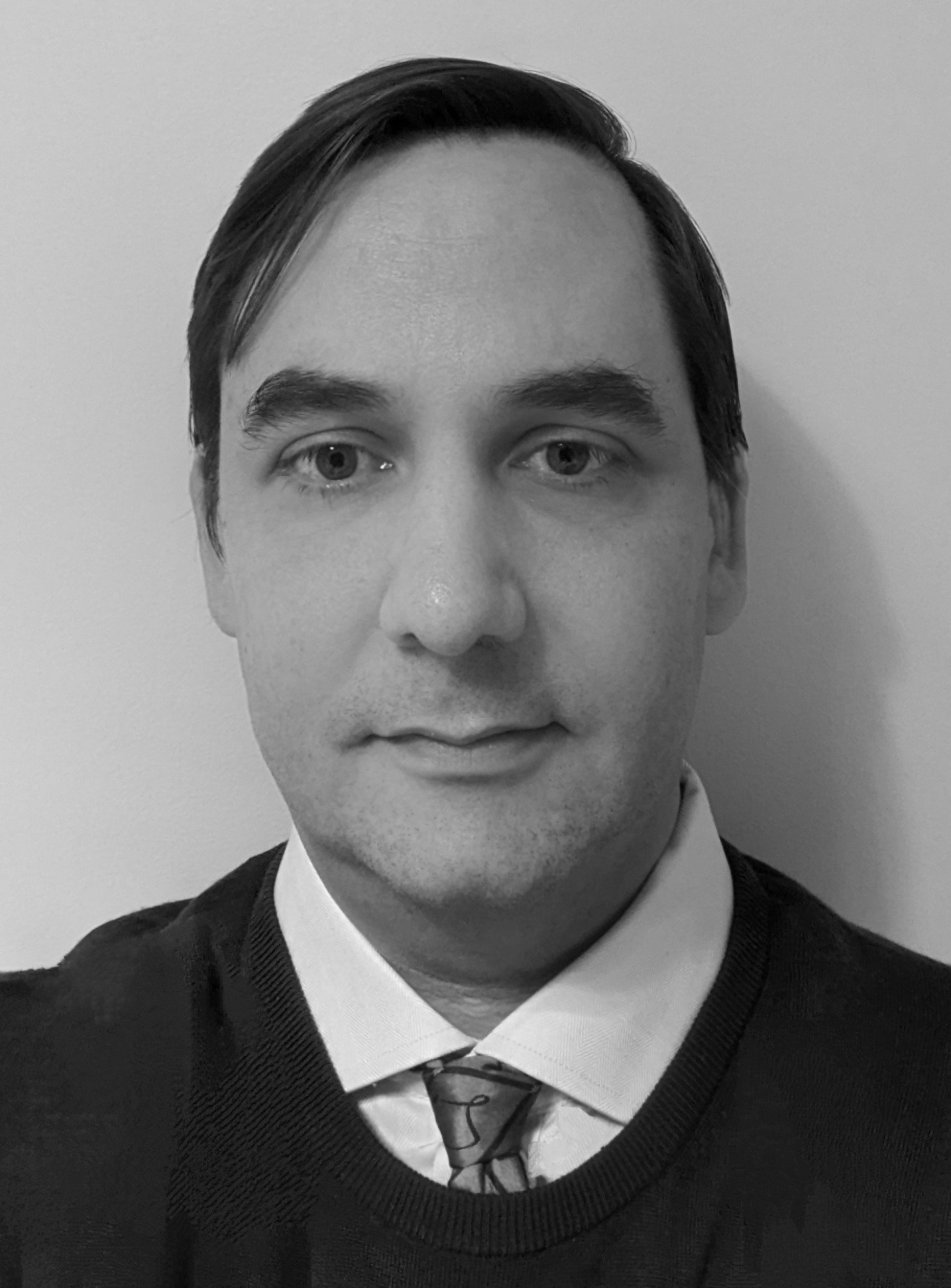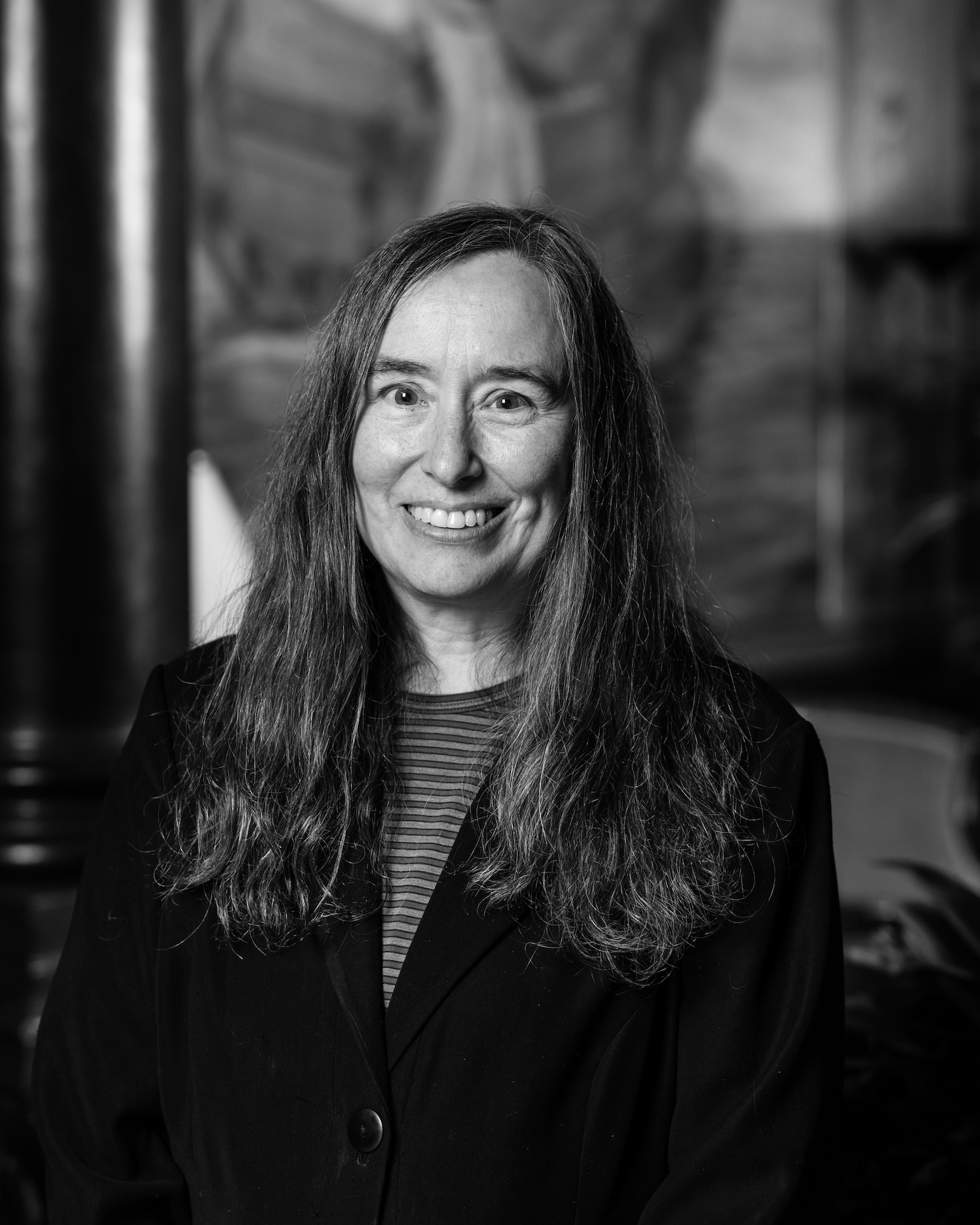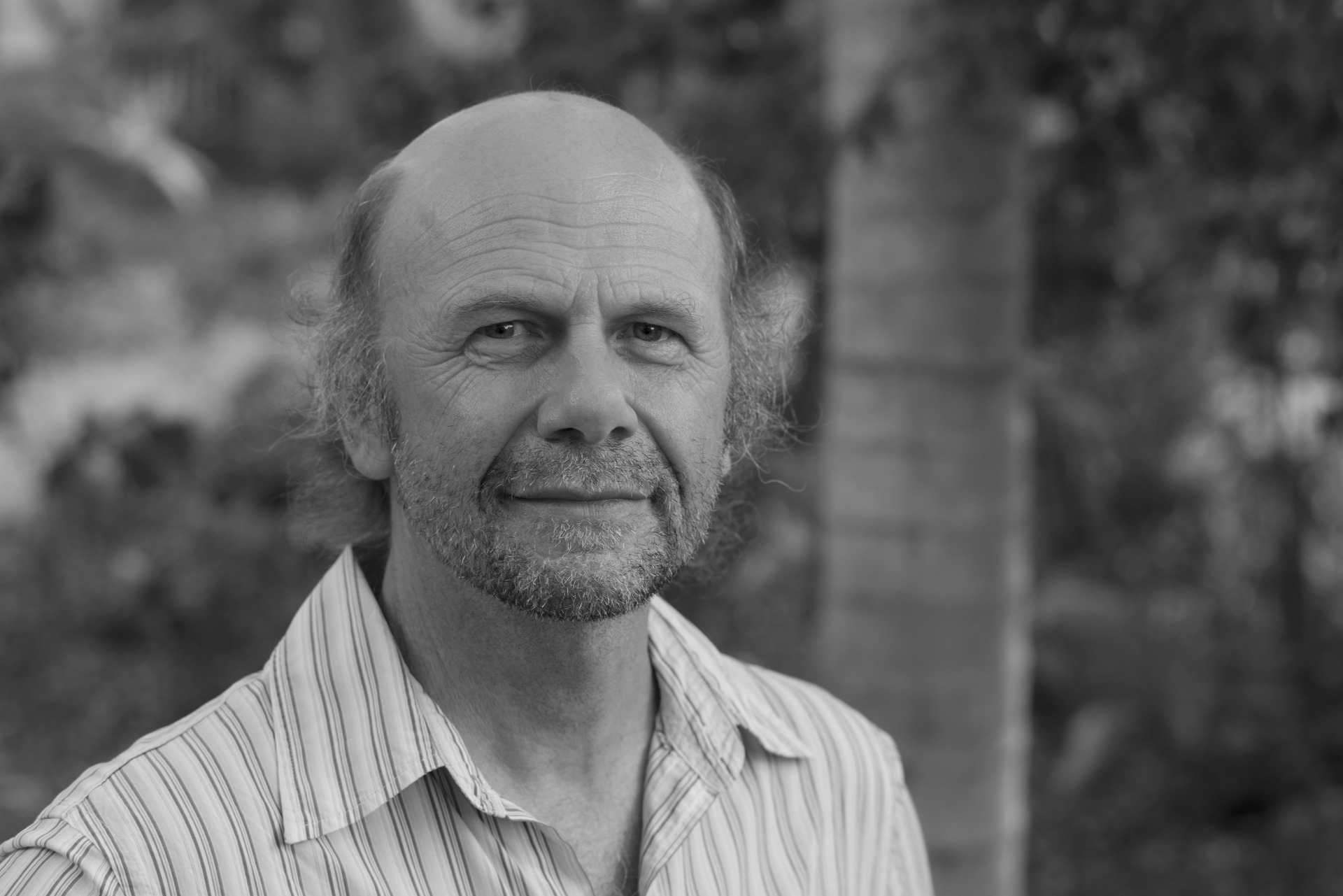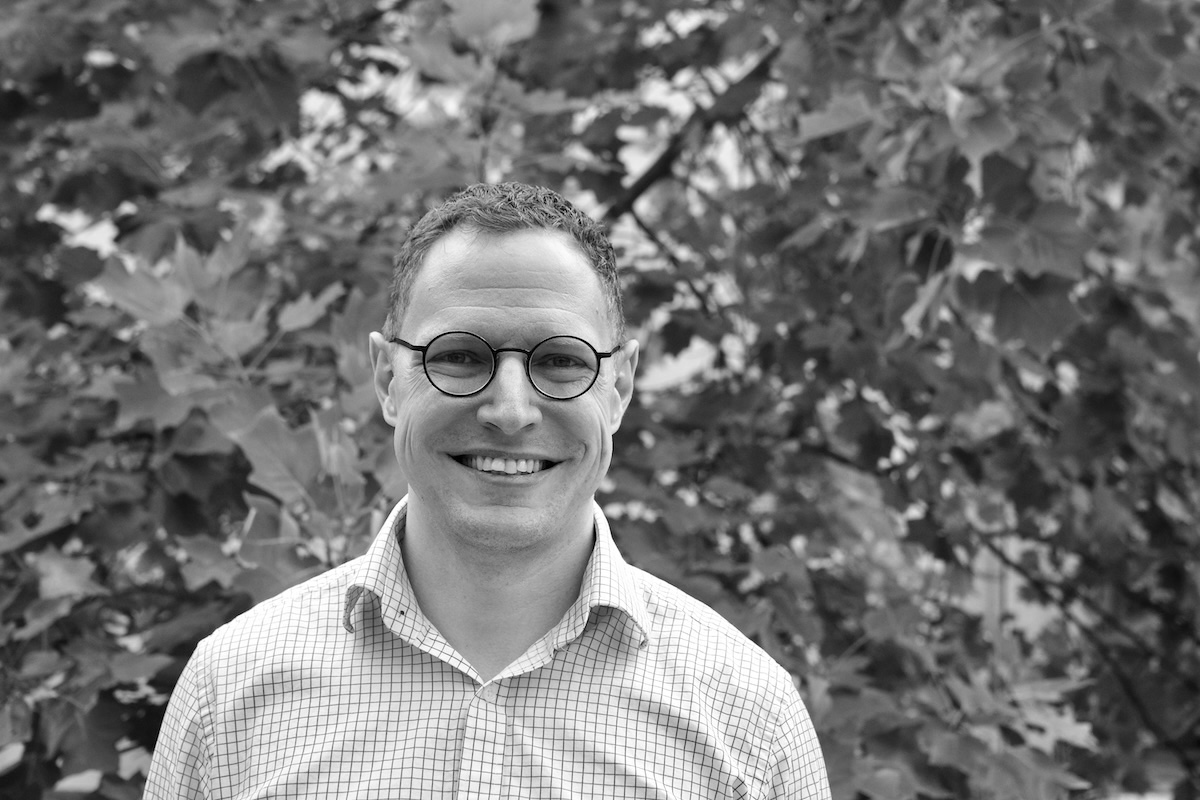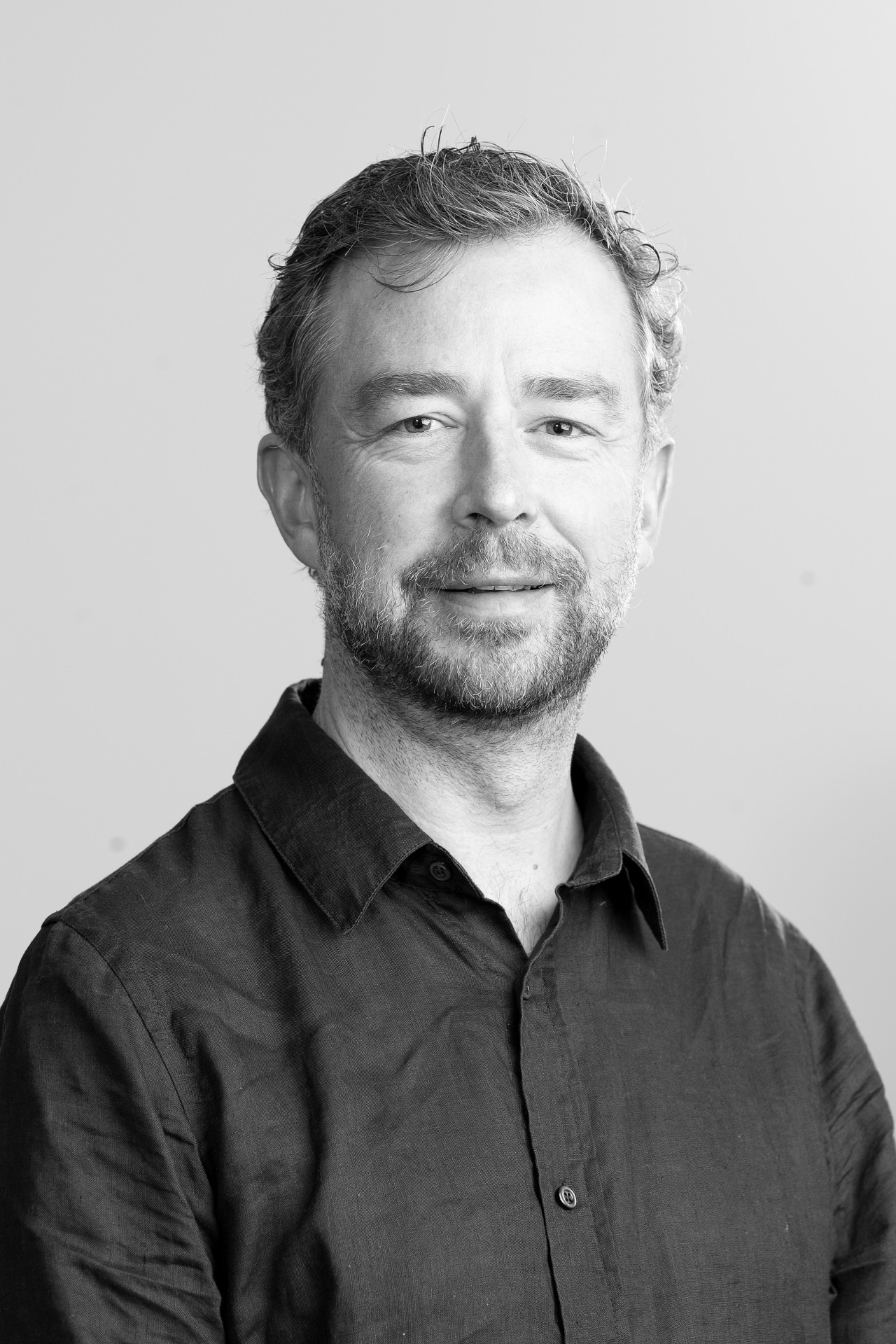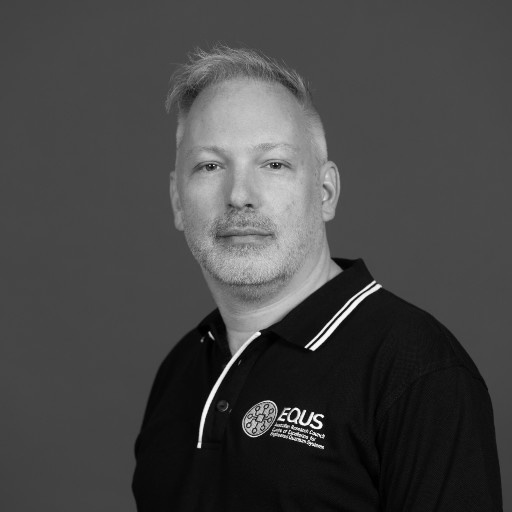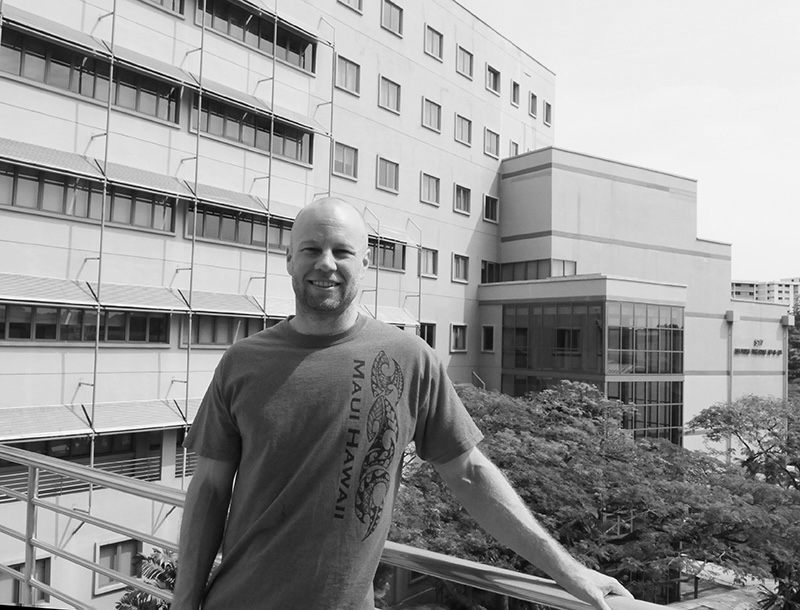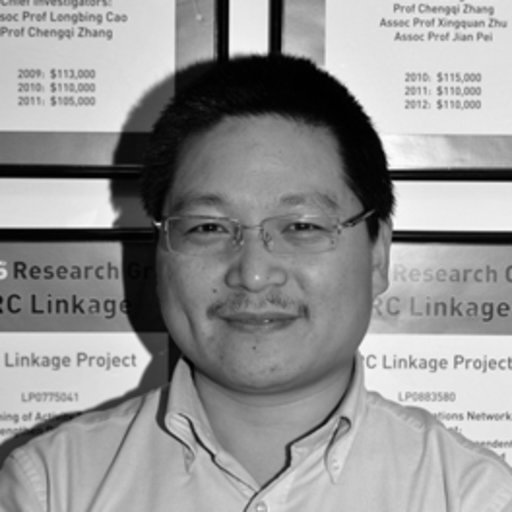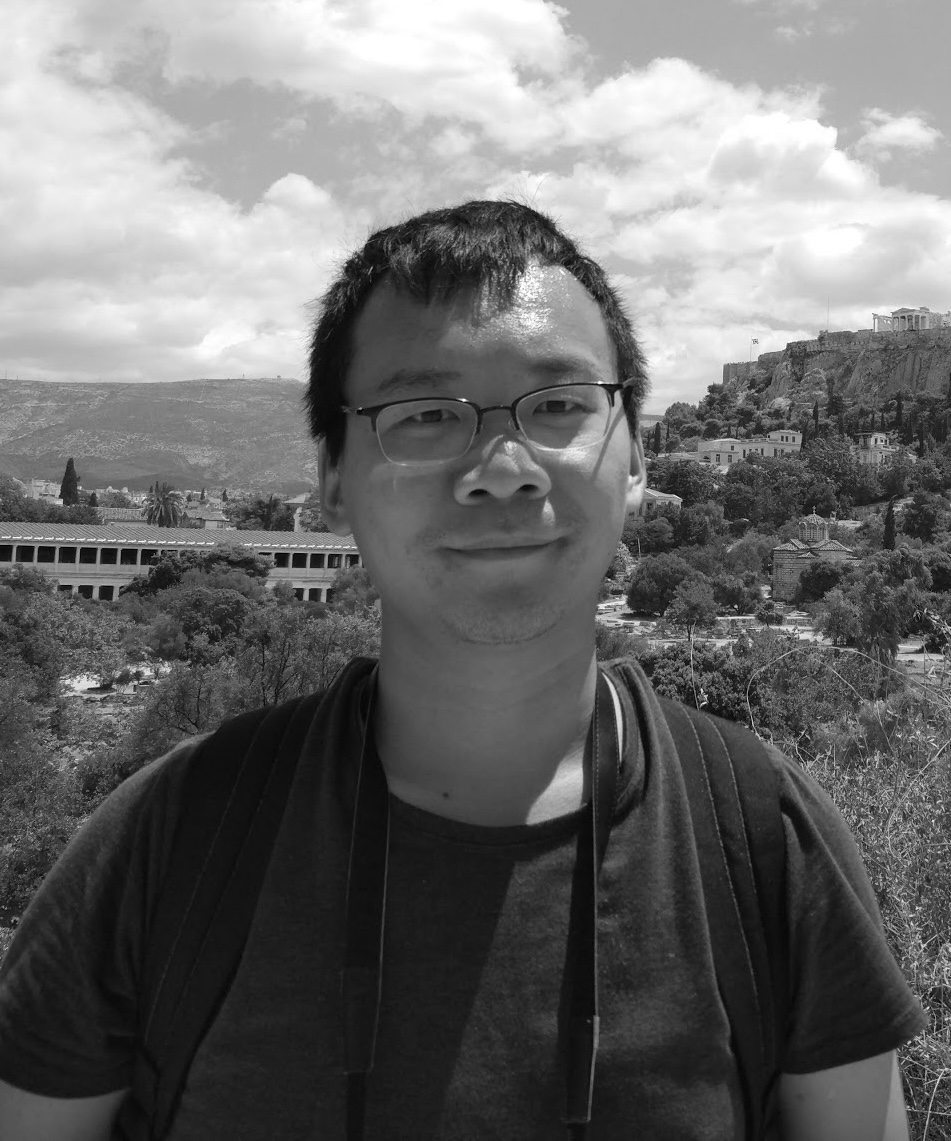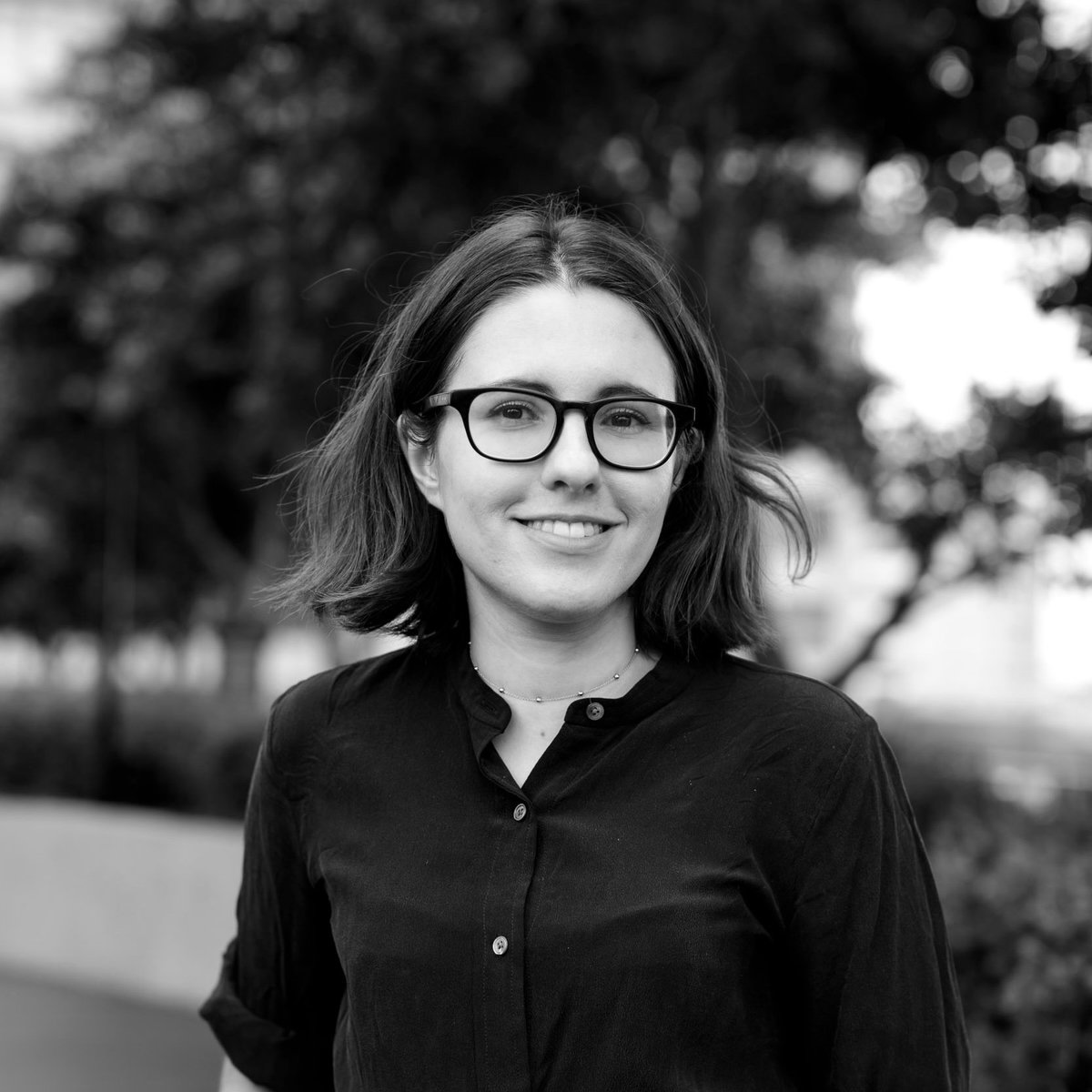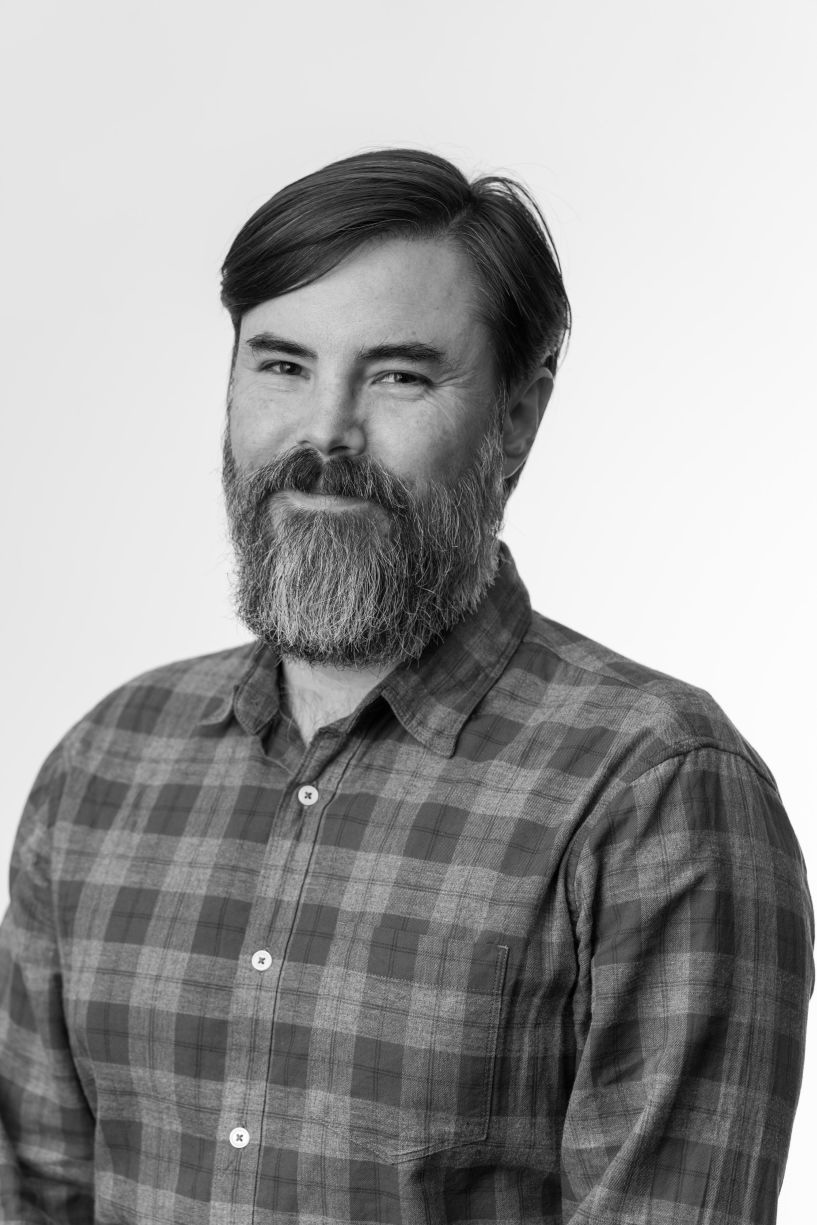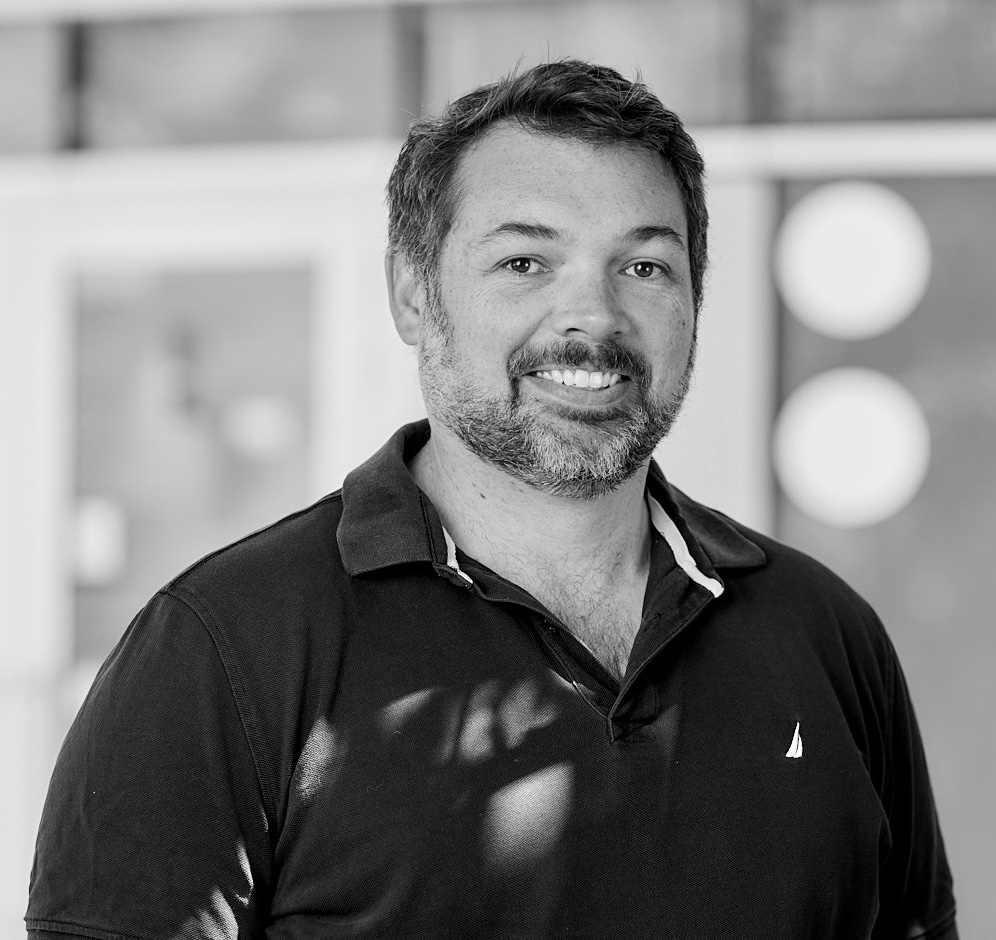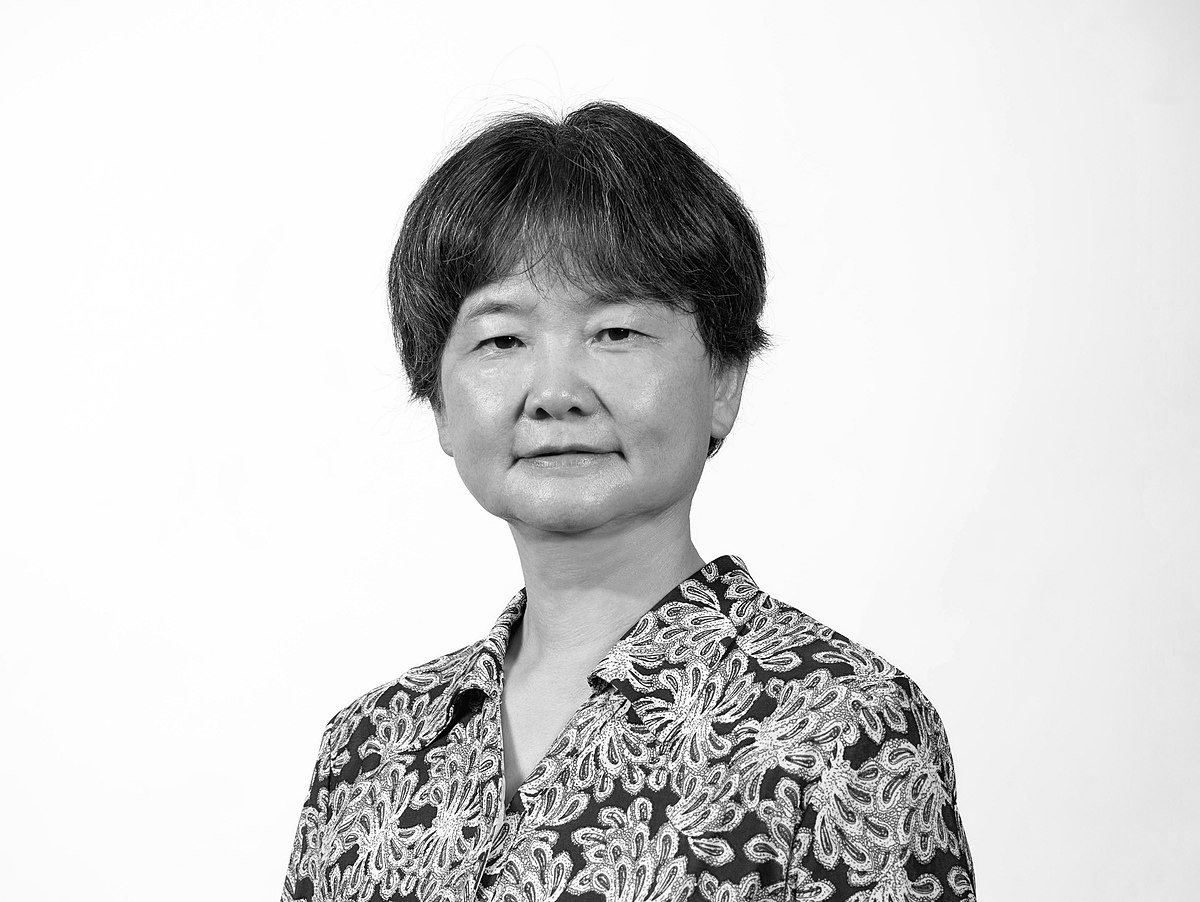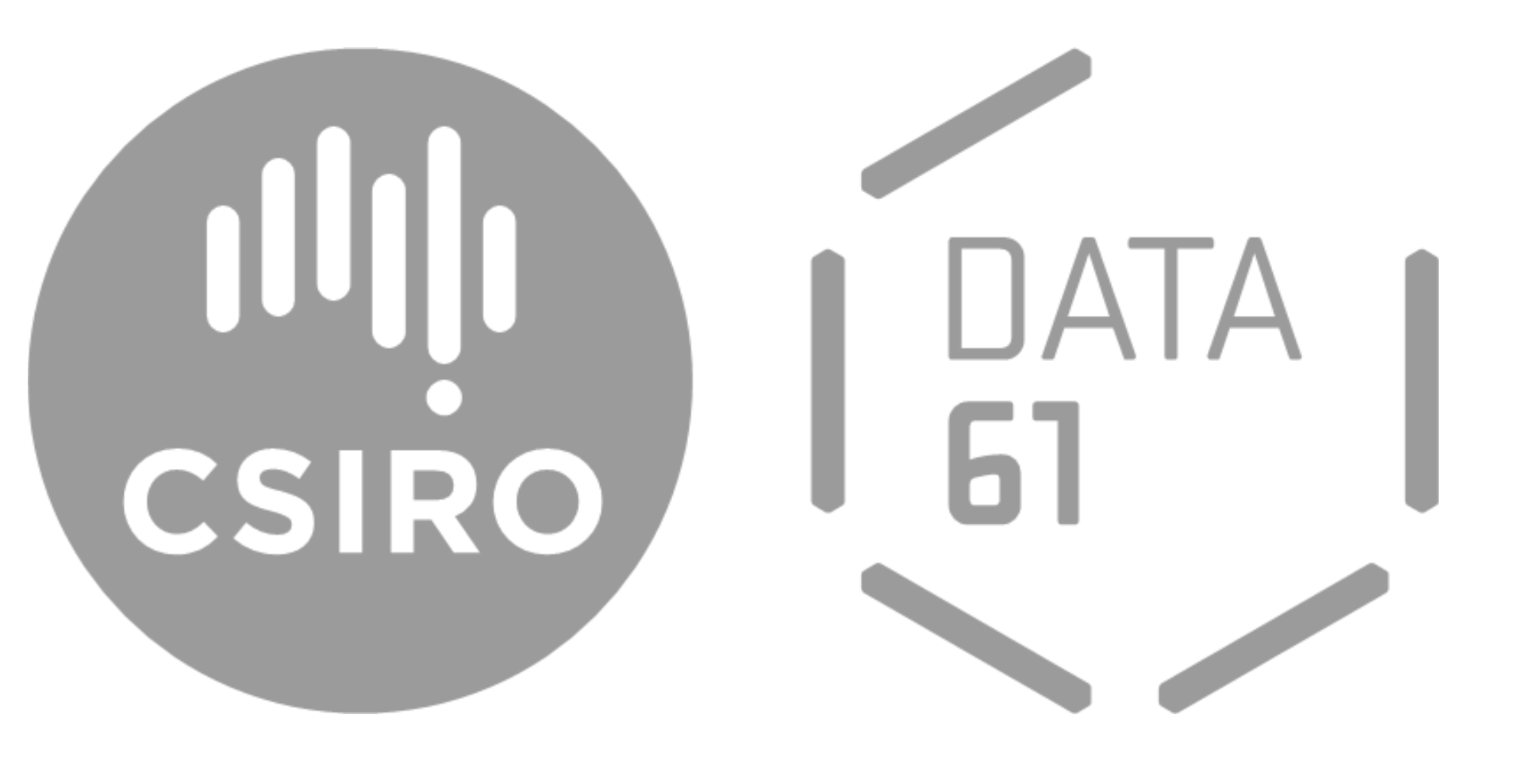
Quantum computers and quantum computation has huge potential to solve wicked problems and deliver massively impactful solutions to Australia and the world, but also brings significant security risks. Problems that would take existing computers millennia to solve might take minutes using quantum computation. Solutions to wicked problems – like understanding how the world works simulating quantum mechanics on a quantum computer, or how to model atomic and molecular interactions from the ground up to rapidly design new therapeutics or materials for space exploration, or how to harvest energy efficiently by understanding how nature does it – might soon be at our fingertips. But the existence of a quantum computer also brings with it new risks. New ultrapowerful computers will be able to easily crack existing and historical cryptographical security measures. There will be need for new cryptographic methods and new quantum communication and computing protocols resistant to quantum attack and with inherent security. If we are to take advantage of this revolution, there is a need for new computational languages, methods and protocols to both access the benefits and mitigate the risks. The Quantum Technologies Future Science Platform will focus on advancing these challenges.

Eigensystems works to build tools and material to enable the training of a new, quantum literate population. Just as digital literacy was cruicial during the technological revolution of the late 20th and early 21st century, quantum literacy will be the next big shift in education. Quantum mechanics is not a mystery and it will infuse all aspects of technological life in the coming decades. Training new students to become quantum literate will be of extreme importance for any nation adopting these new technologies.

Macquarie Center for Quantum Engineering investigates and utilises more complex aspects of quantum science to probe the quantum nature of reality.

Nature is a tough adversary. For instance, 25 Australians are bitten by monkeys every day [citation needed]. We do our best to put up a fight against the harsh reality that is life. In particular, we characterise the odd behaviour Nature throws at us and try to correct it. In some cases, we show what is sensible to say and what is hard to say about how nature behaves. We work in several different areas and use a variety of tools; each is discussed in some detail on this website. If you'd like to visit, join, or get involved in any capacity shoot us an email. We promise not to bite.

The field of quantum technology is moving fast. Whether you’re an enterprise user working to gain an edge with quantum computing, leading a high-pace quantum tech R&D effort, or discovering our exciting field, you can trust Q-CTRL’s unmatched expertise. We help our customers and partners achieve practical use-cases from real quantum-enabled hardware - all through the power of quantum control.
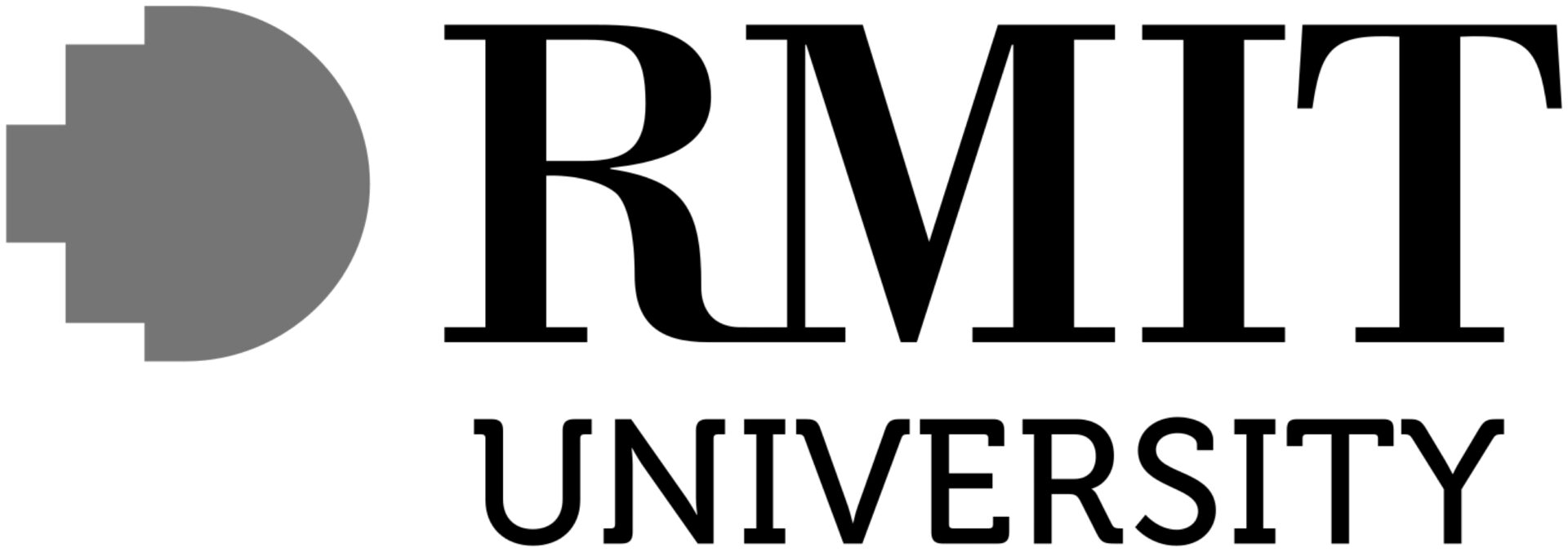
Physics at RMIT combines the theoretical with the practical through interdisciplinary teaching and research, supported by collaboration with government and industry, nationally and internationally. Our research and education courses explore experimental and theoretical studies in chemical and quantum physics, atomic and molecular modelling, materials sciences, geophysics, optics and medical physics. You'll have access to purpose-built facilities to support your learning and research.

The University of Melbourne has two main activities in theoretical quantum computing – the IBM Quantum Hub at The University of Melbourne which focusses on practical quantum computing/quantum software, and the Centre for Quantum Computation and Communication Technology focussed on silicon quantum computing. Academics at the University have developed several subjects in quantum computing for students from non-quantum backgrounds, based on the UoM Quantum User Interface (QUI) system
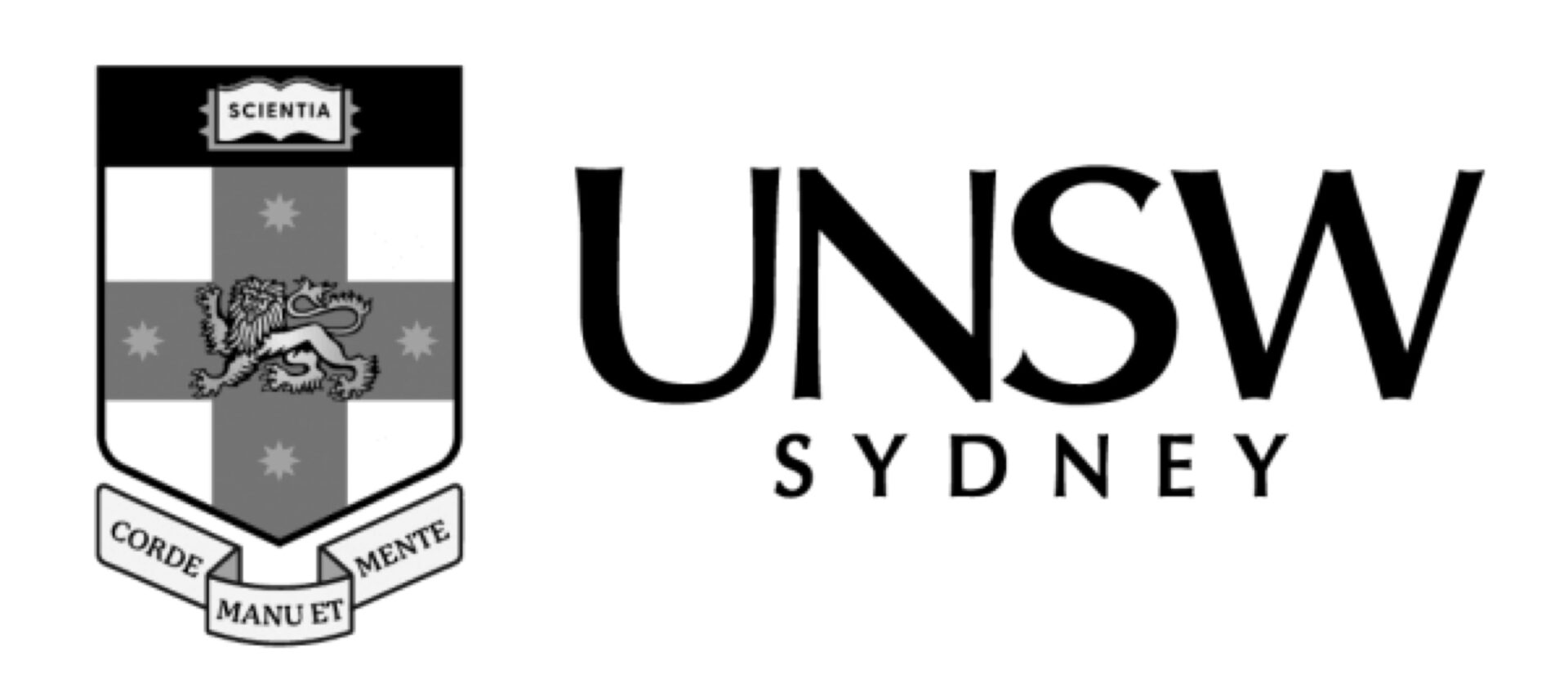
The School of Physics at UNSW is a national leader of research excellence. For example, in 2020, the school received over five million dollars in external research funding, published over 200 refereed papers and made 90 conferences presentations.

The Quantum Optics and Quantum Information (QOQI) Theory Group at the University of Queensland investigates the use of quantum optical systems and others for quantum information applications and fundamental physics. Many of our programs, especially with respect to quantum computation and quantum communications, lie within the ARC Centre of Excellence for Quantum Computation and Communication Technology. We are also interested in situations in which relativistic quantum information effects emerge.
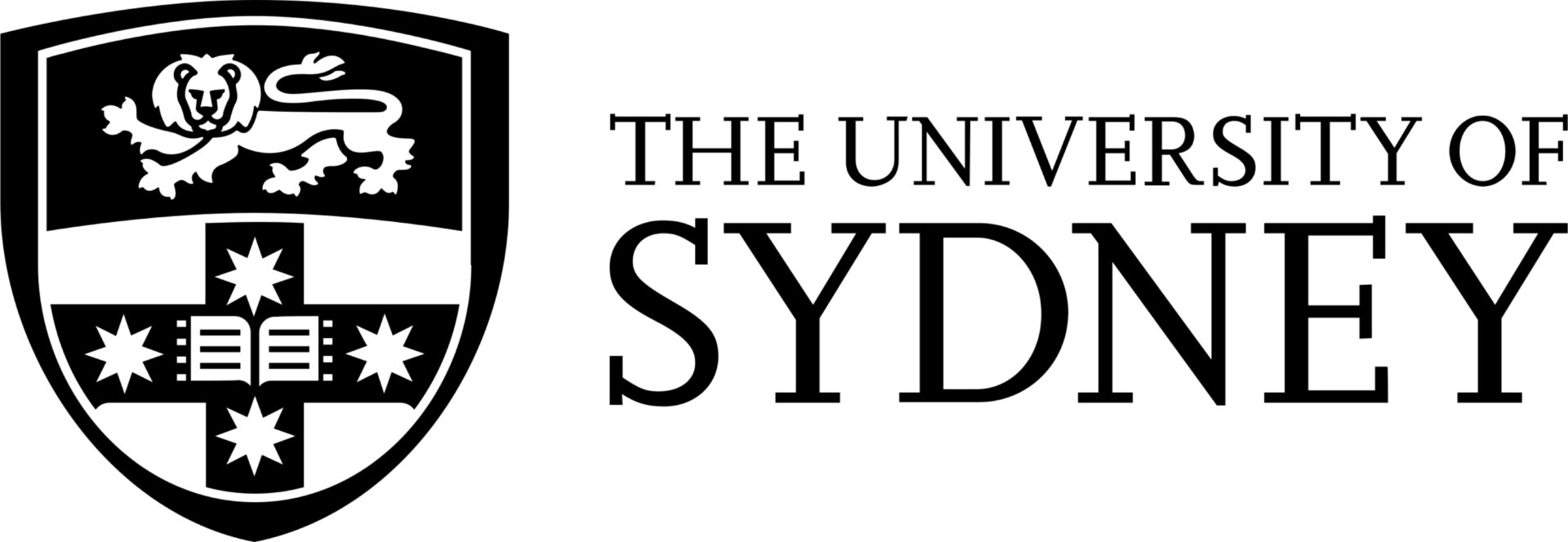
The field of quantum science aims to push the boundaries of our understanding of quantum mechanics and to develop powerful new technologies based on the unique properties of quantum systems. Our group undertakes experimental and theoretical research in quantum science that addresses both aims. We engineer and manipulate complex quantum systems and explore solutions at both the hardware and software levels. We develop a fundamental understanding of quantum systems by incorporating insights from quantum computing, quantum error correction, and all other aspects of quantum information science. At this time, a variety of technology platforms have demonstrated quantum coherent phenomena. Our experimental research efforts focus on two proven systems: spins in semiconductors and trapped atomic ions. These efforts, while distinct, share complementary control techniques and are unified by platform-independent theoretical research in support of the group’s broad interests in quantum science. Our theoretical research tackles the `big questions' in quantum science. Our research program in Quantum Information Theory explores the full spectrum of questions from the foundational, such as 'How does complex behaviour emerge from simple quantum systems?' and 'Is there a physical reality that explains the strange quantum properties like Bell nonlocality?', to the practical, including 'How can we harness the exotic properties of quantum physics, such as topological quantum phases and quantum error correcting codes, to design new technologies like quantum computers?'. Our work is supported by the ARC Centre of Excellence for Engineered Quantum Systems, and high-profile international research programs in Quantum Information Science sponsored by the US Army Research Office, IARPA, and other domestic and international defence agencies.
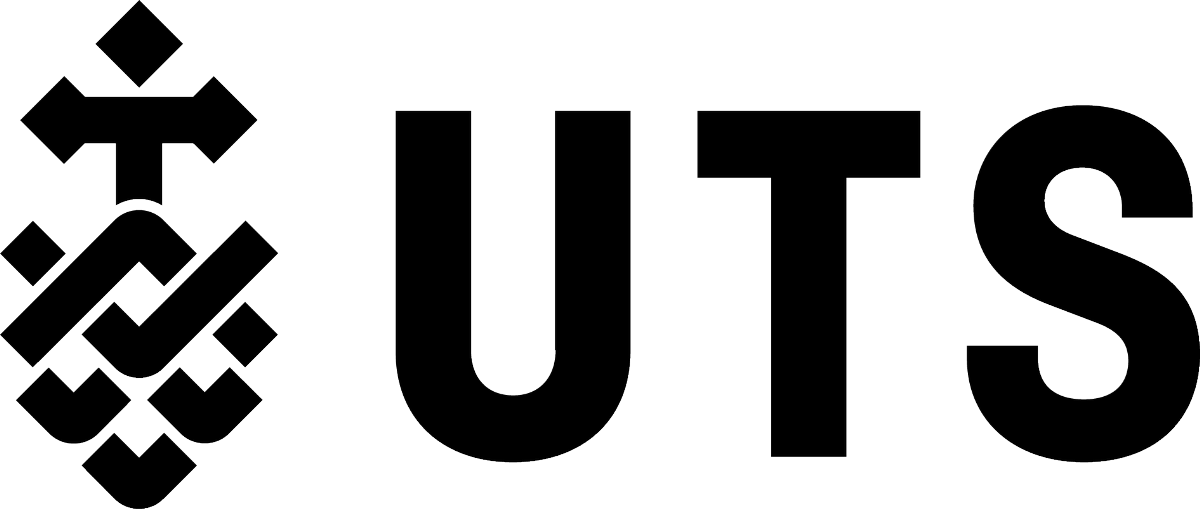
The UTS Centre for Quantum Software and Information is dedicated to the development of the software and information processing infrastructure required for future quantum technologies.
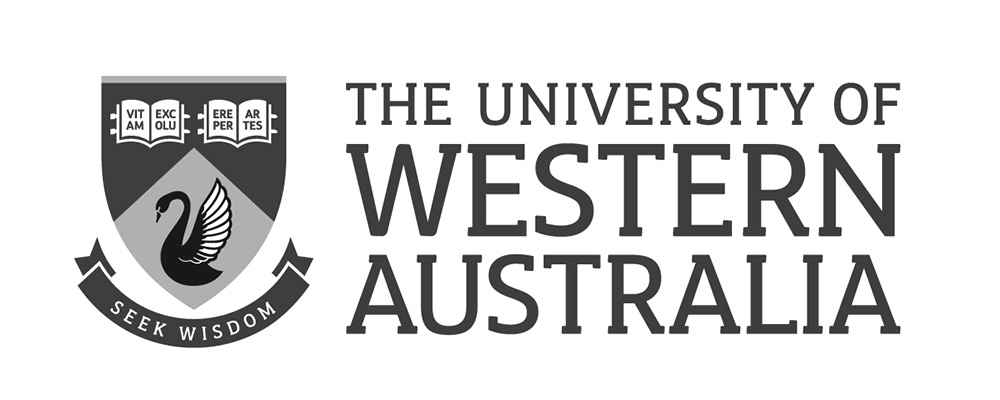
The QUISA (Quantum Information, Simulation and Algorithms) Research Centre, hosted at The University of Western Australia, aims to foster collaboration and entrepreneurship, bringing together academic staff, research students, government and industrial partners to develop innovative quantum solutions to tackle otherwise intractable problems and complex phenomena.
